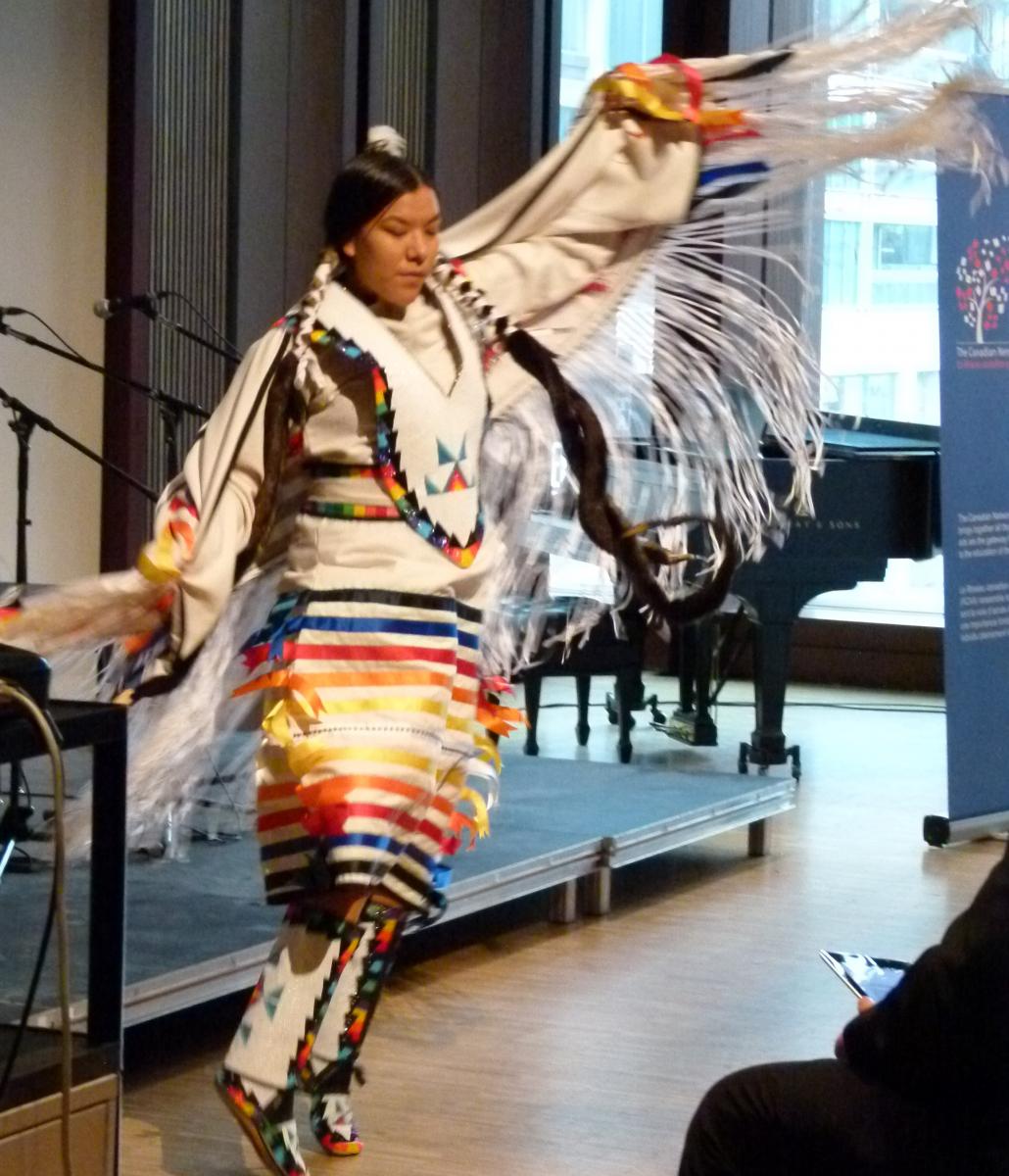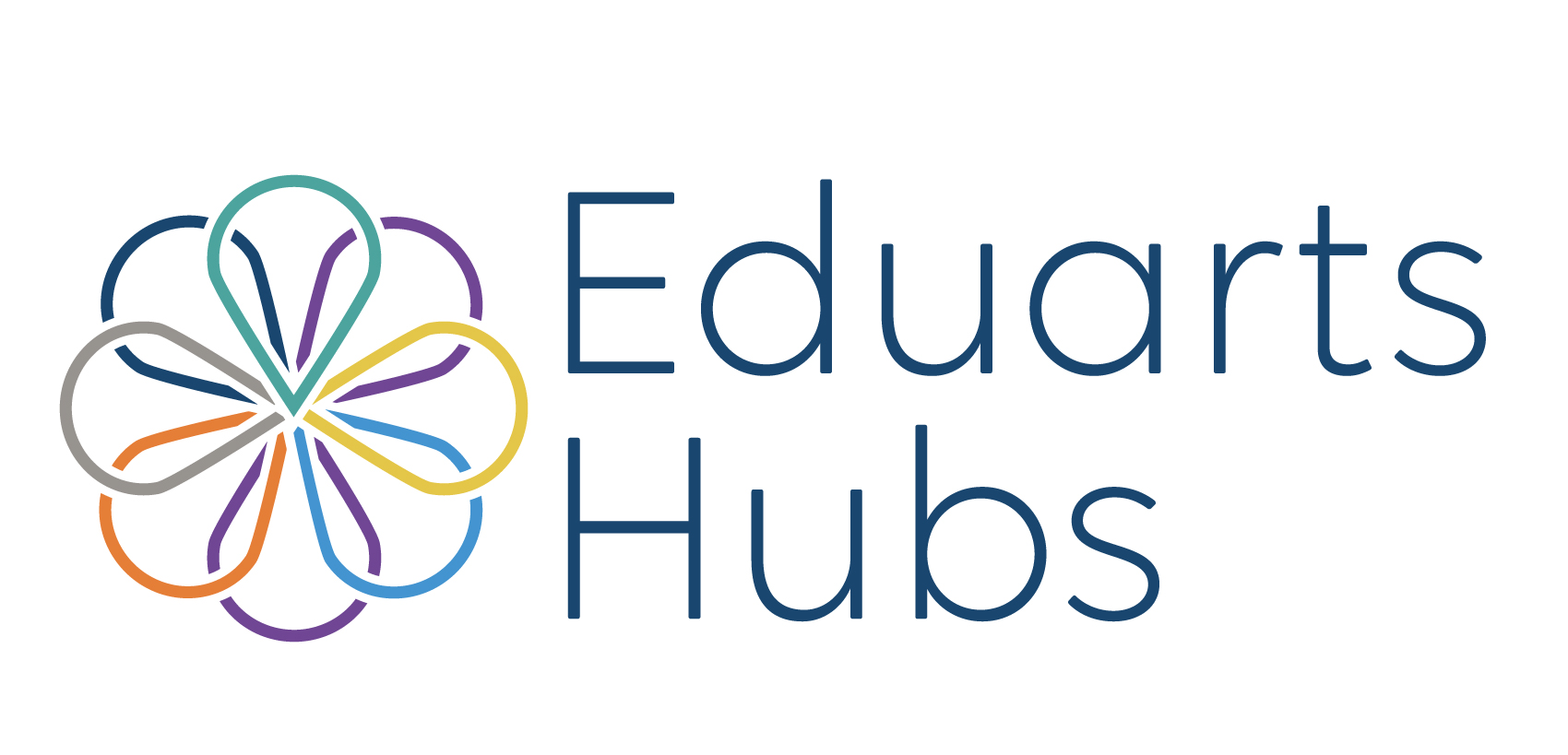Abstract
The onset and spread of COVID-19 have significantly altered music teaching practices and student learning in K-12 schools across the globe. This study examines COVID-19 pandemic impacts on the use of singing in K-12/CEGEP school music programs in Canada. A comprehensive 55-item online survey was used in April 2021 to gather the perspectives of a large representative sample of music teachers (N=944). Descriptive statistical and qualitative data analysis techniques were used to summarize and interpret the information collected pertaining to the following investigative themes: COVID-19 pandemic impacts on teaching singing in the music program; overall support for singing and music education; COVID-19 pandemic impacts on implementing the music curriculum; COVID-19 pandemic impacts on assessing students’ music learning; COVID-19 pandemic impacts on music educators; recovery and rebuilding music programs with singing; and positive outcomes and opportunities for music teachers and students.
Overall findings confirm that the impacts of COVID-19 on Canadian school music programs involving singing were severe and widespread. Due to rigorous health restrictions placed on singing, thousands of students no longer benefitted from the rich range of opportunities typically offered through regular and extra/co-curricular music programs involving singing and choral experiences. Music teachers were able to implement some, but not all, mandated health measures. Hundreds of music teachers identified five measures that were difficult for them to implement. Instructional time spent singing and the scope of singing experiences offered to students declined immensely, both in-person and online as teachers were suddenly required to find alternative pathways to teach music with little or no singing. It was not possible for most music educators to teach or assess many of the music learning outcomes mandated in official Canadian music curricula through singing, a situation that has led to significant music learning loss, especially related to singing, and incomplete profiles of students’ musical growth. Working conditions declined for music teachers throughout the crisis and the majority found themselves working without modified music curricula and assessment tools to accommodate for the mandatory restrictions on singing. Professional development for teachers was inadequate in helping them cope with swiftly changing music teaching protocols, especially for singing. They experienced losses of designated music classrooms, opportunities to perform live with students, and were assigned additional non-teaching responsibilities. Teachers spent more time planning, and mostly without compensation. These factors, including feelings of having decreased support from division administrators and government authorities, negatively affected music teachers’ mental health, well-being, and job satisfaction.
Looking ahead, music teachers expressed concerns about how to remediate music learning losses, singing skills, and rebuild music and singing-related programs. Despite these concerns, some positive outcomes, benefits, and opportunities for music education and singing were identified by teachers that arose from their innovative problem solving during 2020-2021. Recommended actions are offered in this report for strategic and sustained leadership for decision makers at all levels including government, divisions/districts, schools, and professional and community organizations
for rebuilding the singing/choral components of school music education programs across Canada. This research study fills a gap in the existing literature in that it targets the impacts of the pandemic on education systems with its focus on singing in school music education. The findings of this study have relevance for the Canadian school system and those in other countries in reaffirming the unique and important contributions of singing in music programs for students and their school communities. Learning can be a deeper and more powerful experience with singing. Singing, alone and with others offers a way of knowing and living in the world through an active, integration of the mind, heart, and voice.





